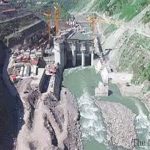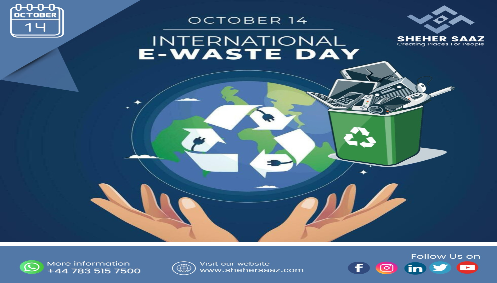ISLAMABAD: National Electric Power Regulatory Authority (Nepra) has directed the government to include hydropower projects in the scope of renewable energy, official sources told Business Recorder.
In this regard, Deputy Registrar, Nepra, Hafeez Ullah Khan has written letters to Managing Director, Private Power & Infrastructure Board (PPIB), Managing Director, National Transmission and Despatch Company (NTDC) and Chief Executive Officer, Alternative Energy Development Board (AEDB), asking them to implement the directives of the regulator.
According to Nepra, it has been observed that hydropower is not being considered under the scope/definition of renewable energy which is contrary to the definition and standards used worldwide.
The regulator maintained that hydropower is the most advanced and mature renewable energy technology and provides some level of electricity generation in more than 160 countries worldwide including Australia, Norway, Brazil, Canada, Vietnam, Sweden, United States and China etc. Moreover, hydropower is an attractive renewable option given the low-cost of electricity it produces, low greenhouse gas emissions and the flexibility it provide to the grid.
Nepra has advised the top brass of the three public sector organizations to consider including hydropower in the scope and definition of renewable energy in various energy policies, rules and regulations, PPIB, NTDC and AEDB have also been advised to make necessary amendment in all relevant documents and include hydropower projects in the scope of upcoming ARE Policy 2019.
Meanwhile, Power Division in a letter to CEO AEDB and CEO, CPPA-G has communicated the decisions of the Cabinet Committee on Energy about renewable energy policy held on December 17, 2017 and February 2018.
According to the letters, CCoE considered a summary on Power Division of April 22, 2020 regarding amendment in decisions of the CCoE and approved the following proposals “with regard to finalization/implementation of the Renewable Energy Policy, the CCoE directed Power Division to resolve the outstanding matters with the government of Sindh and have the policy notified by the IPC Division at the earliest. In the event of a failure to resolve the outstanding matters, the Power Division shall move a summary to the Council of Common Interests (CCI) by June 15, 2020.”
The sources said, Power Division will submit proposals for an interim arrangement to the CCoE as no agreement has been reached between Federal and Sindh Governments.





